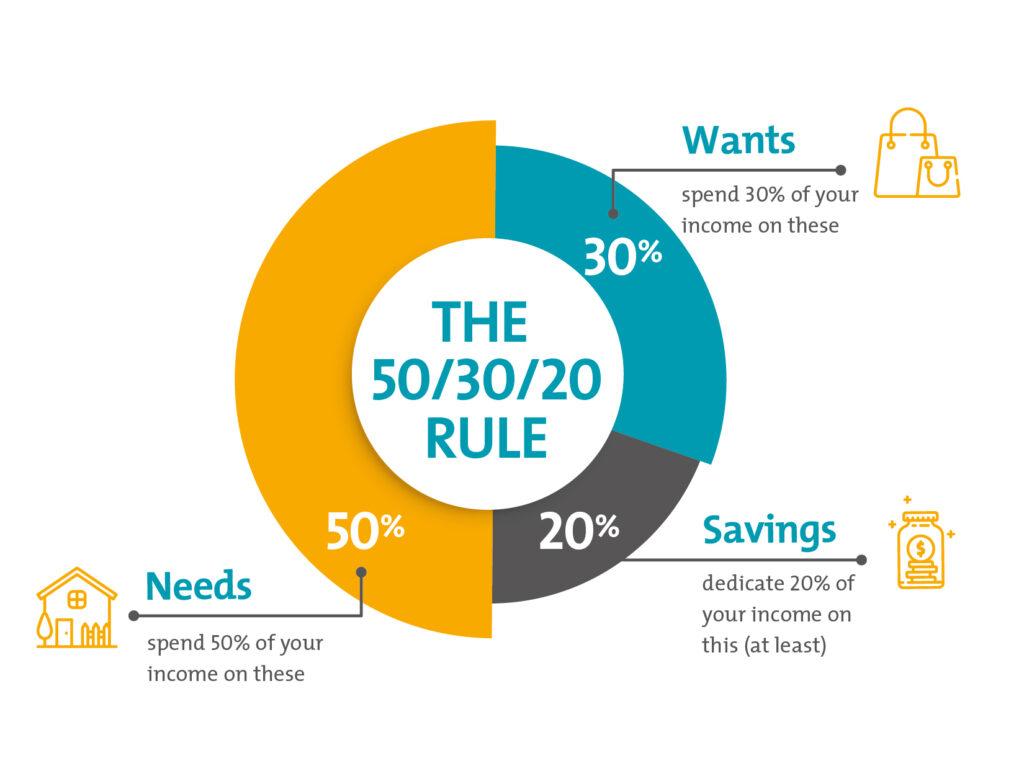My Story
I vividly recall frantically searching through youtube videos in hopes of finding side hustles. Every video I came across consisted of drop shipping, affiliate marketing, and real estate. In the year of 2020, I was a senior in high school supposedly ready to take on the world. In my eyes I was still a child. With my mighty knowledge of the ‘pythagorean theorem’ and the entirety of the civil war, I was expected to know how to be completely independent after high school. I knew what taxes were, but what does “filing taxes” even look like? I was meant to be the captain of my ship. It might’ve just been me, but I was lost at sea. One day, (if I’m being completely transparent I don’t exactly know when) I overheard my brother, MJ, now a graduate from UCLA as a ‘Business Economics’ major passionately share his understanding of stocks to my mother who was hungry to learn. He was blurting out phrases and words like “index fund”, “ETF”, “WealthFront”, and “S&P 500”. At the time, I thought he was speaking a foreign language. However, this was the start of my journey to financial literacy.
18 is the Perfect Number
The day you turn 18 is the day you must open up a brokerage account. A brokerage account is an account that stores your assets such as stocks, bonds, and mutual funds for an investor, such as yourself. I recommend TD Ameritrade, Charles Schwab, or Fidelity (this is not a sponsor by the way) because they require no fees and the corporations are known to be reliable. If you have some saved up money from your birthday, Christmas, or your job, then perfect. Do a quick google search and discover the world of mutual funds, more specifically index funds and ETFs.
So You’re Not 18 Yet

Why Even Bother?
You might be wondering about what makes investing so great? You can leave your money in your savings account with an APY (average percentage yield) of 0.1-0.2%. Hypothetically, if you were to store $10,000 in a bank account of an APY of 0.1% you would end the year with $100 more. $100 does sound like a lot. But for a whole year? If you were to invest in an index fund (a stock you can purchase that consists of numerous different companies) that tracks the S&P 500 (an index that tracks the top 500 companies such as Apple and Google) the average rate of return would be 10.5%. This means that if you were to invest $10,000 in an index fund that tracks the S&P 500, you are ending the year with an extra $1,050 and potentially even higher. So let me ask you. Would you rather have $100 or $1,050?
Start Now.
So I urge you. Put your foot in the door and begin your journey towards financial freedom. You don’t have to be 25 to start making money. Become part of the culture at Hustle Money Culture.



